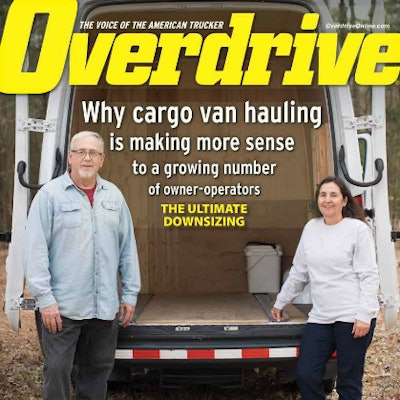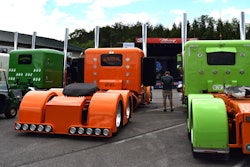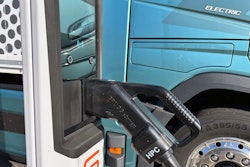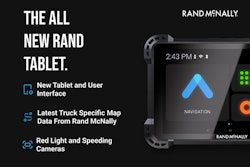
With its under-10,001-pounds regulatory category, cargo-van hauling might seem to hold the key to addressing some of the biggest complaints among Class 8 owner-operators.
Outside of placardable hazmat hauling in a van, such owner-operators do not have to cross scales, keeping them out of the prying eyes of temperamental inspectors. Parking well away from crowded truck stops and rest areas is easy — many van operators make use of campgrounds and RV parks, often with shorepower available.
Home time often can be achieved more easily, given vans are capable of well more than double the typical fuel mileage of a Class 8. Empty somewhere late on a Thursday? “When you can get 18 to 20 miles per gallon,” says Landstar-leased van owner-operator Darren Ayres, it might make sense to deadhead a few hundred miles to “be home and spend the weekend in the house.”
And perhaps most important to some operators: Outside hazmat, vans by and large do not have to adhere to federal hours of service regulations or the electronic logging device mandate.
The cargo-van niche also has attracted attention inside and out of Overdrive’s traditional Class 8 owner-operator audience in recent times for other reasons. There’s a lower barrier to entry in terms of equipment costs and licensing. For most van operators, a commercial driver’s license is not a prerequisite for obtaining non-hazmat work.
Sticker prices on new gas or diesel vans of optimal size for hauling are far less than prices for new Class 8s. Ohio-based expediter Tim Paxton purchased his high-roof 2017 Ford Transit 350 new for a little more than $40,000 and last summer was running at 34 cents a mile for costs, including fixed costs. Fuel mileage in the Ram, Ford, Nissan and Mercedes vans common in the niche easily can hit 20 mpg.









